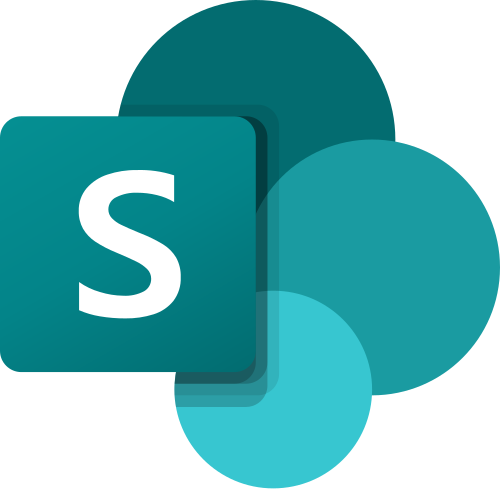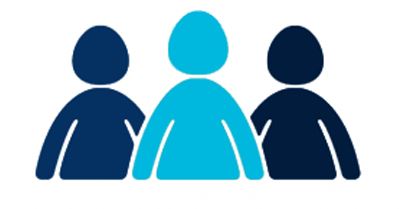Economics
You will learn and develop an understanding on how economic systems influence business and society. You will understand how economics is a social science, which studies why individuals make the decisions they do, how firms allocate resources to markets and to what extent do government need to intervene to help allocate resources.
A broader awareness of an economy and how it can be measured and influenced by tax, spending and monetary policies. This will allow you to compare the UK to other economies around the world.
You will develop your critical thinking skills and your awareness of how global events interconnect.
The course will start with the basic economic problem and what government aim to achieve so no need to worry if you did not take GCSE Economics as we will cover the key concepts in the first half term.
You can expect support and guidance, debates and presentations and use of real world case studies
POSSIBLE CAREER PATHS:
-
Economist
-
Career in the business environment
-
Working in local or national government.
-
Investment Banker
-
Finance or statistician
Risk analyst
Course content
The Economics A-level has the traditional split between Micro and Macro Economics.
The micro economics unit will look at how markets operate, how decisions are made, how prices are determined, problems in markets and how governments respond to these. Students will consider issues such as who should pay for pollution, what happens when a monopoly develops, how wages are determined and should the government keep, raise or abolish the minimum wage?
In macroeconomics students learn about the national economy and how we measure the performance of the economy. Key performance indicators including GDP, Unemployment, Inflation, Trade and Debt will be used to help students analyse and compare the performance of the UK against other economies. Government policies used to control the economy are investigated along with issues such as the impact of globalisation.
You need to be someone who is interested in the world, how decisions are made and how economics straddles all the decisions that governments across the world make. Economists is a dynamic subject where a lesson could be devoted to a topical event so it opens your eyes to the real world.
Post 16 destinations have included
Studying economics, finance and business at the University of Cambridge, University of Durham, University of Liverpool, University of Newcastle, Apprenticeships at finance companies, banks and other related businesses






